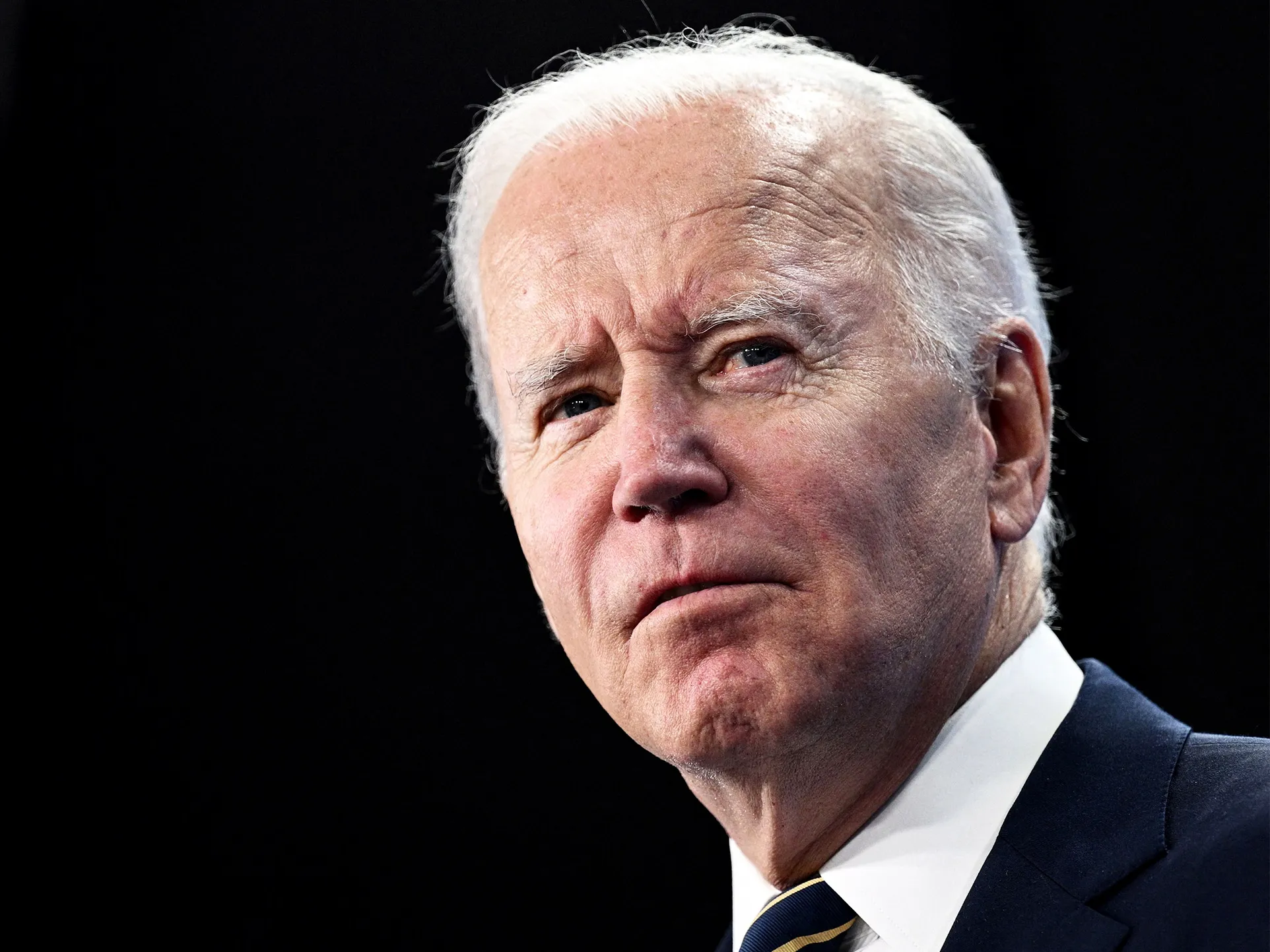President Joe Biden has recently signed several executive orders that have sparked debate and concern among various groups. Here’s a breakdown of the most impactful orders and their implications:
1. Closure of Government Agencies to Honor Jimmy Carter
On December 30, 2024, President Biden issued an executive order mandating the closure of federal government agencies and executive departments on January 9, 2024, in honor of former President Jimmy Carter, who passed away at the age of 100. This closure serves as a mark of respect for Carter’s legacy and contributions to the nation.
2. Expansion of Overtime Pay Blocked
An executive order aimed at expanding overtime pay to approximately 4 million salaried workers was blocked by a federal judge in Texas on December 30, 2024. The judge ruled that the Department of Labor’s rule improperly focused on workers’ salaries rather than their job duties. This decision follows challenges from business groups and is likely to be reconsidered under the incoming administration.
3. Halt on Sale of Border Wall Materials
A federal judge ordered the Biden administration to stop selling off parts of the border wall on December 28, 2024. The administration had been auctioning unused sections of the wall, a move criticized by opponents who argue that these materials should be used to complete the wall as originally intended. The judge’s order halts further sales for 30 days and requires documentation to ensure compliance with previous court orders.
Implications for the Public
- Government Closure: Federal employees and individuals requiring services from government agencies should prepare for the one-day closure on January 9, 2024. Essential services may be affected, so it’s advisable to plan accordingly.
- Overtime Pay: The blocking of the overtime pay expansion means that the current salary threshold for overtime eligibility remains unchanged. Employees and employers should stay informed about potential changes under the forthcoming administration.
- Border Wall Materials: The halt on the sale of border wall materials reflects ongoing debates over border security policies. Communities near the border and stakeholders should monitor developments as policies may shift with the new administration.
Conclusion
President Biden’s recent executive orders have elicited varied reactions, highlighting the complexities of governance during a transition period. As the new administration prepares to take office, further changes to these policies may occur, impacting various aspects of public life.
